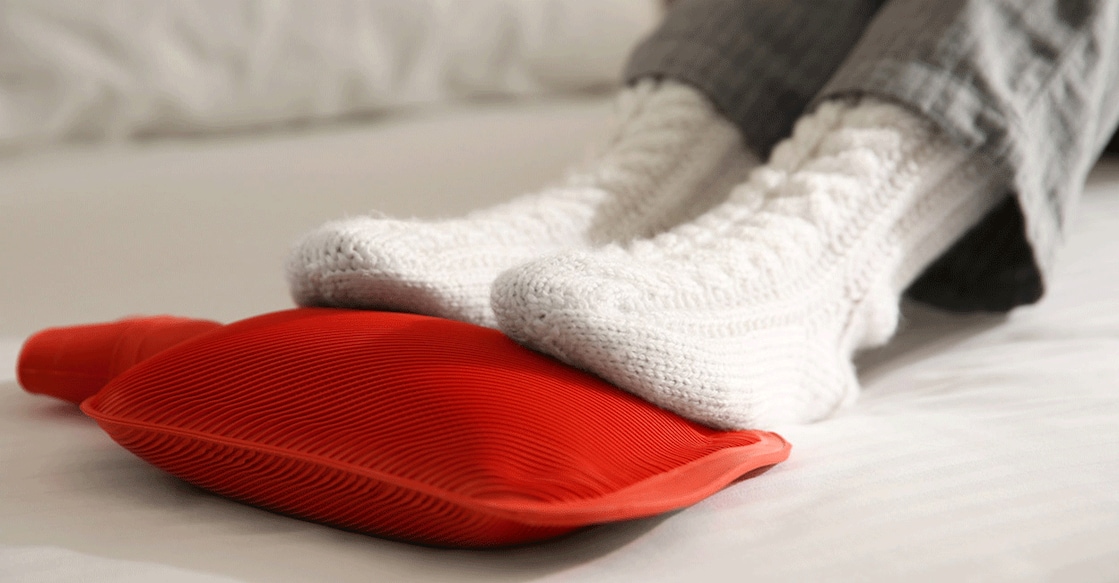Getting 'cold feet' in any weather? These might be the reasons

Mail This Article
Are you one of those whose feet are always cold, no matter the weather? When caught up in a busy life, you will likely dismiss it as just another 'random thing' or a 'small matter.' There are also jokes which have been doing rounds for ages, suggesting that the phenomenon of getting cold feet is our mind's way of asking whether we are sure about something. The 'cold feet' phenomenon is also often equated to a lack of confidence to get things done or to stand up for yourself when required. However, it is important to understand that there is a lot more to it than misinformed body shaming, skewed mental health assumptions and confidence. Doctors say that experiencing 'cold feet' can indicate conditions in your body that must be taken seriously. Apparently, it can point to immunity issues, nerve disorders and even circulatory issues.
How to handle it?
According to the Mayo Clinic, persistent cold feet can indicate a heart condition, inadequate blood flow, or even auto-immune conditions like thyroid issues. Raynaud's disease, in which a patient's blood vessels constrict when the body is in contact with stress or cold, resulting in inadequate blood flow, is also possible in people experiencing this condition. Diabetes, anaemia, hormonal imbalances, ill-fitting footwear and even nerve damage can be underlying conditions of people who experience cold feet. As immediate steps to handle the condition, it is important to stay hydrated, have a nutritious diet, stop smoking, start workouts, wear warm socks and lift your feet. Blood tests can help ascertain whether you have any of the abovementioned conditions.

